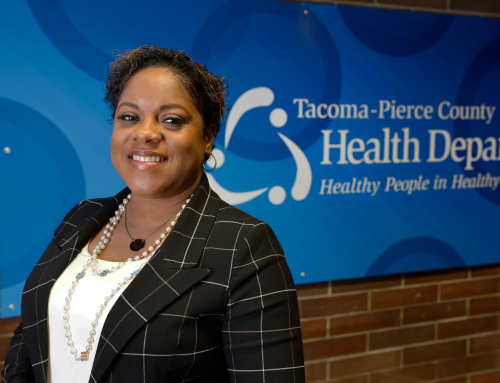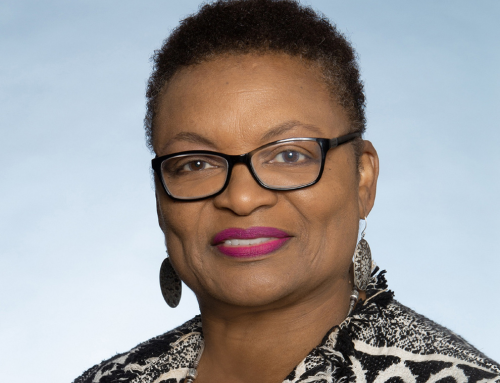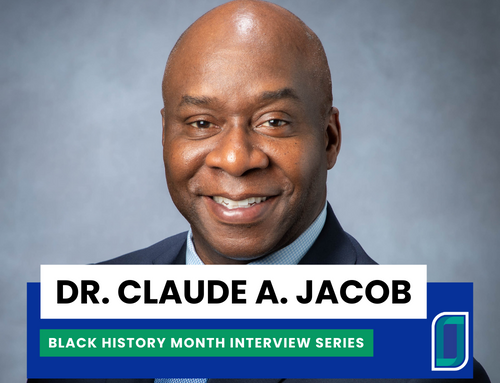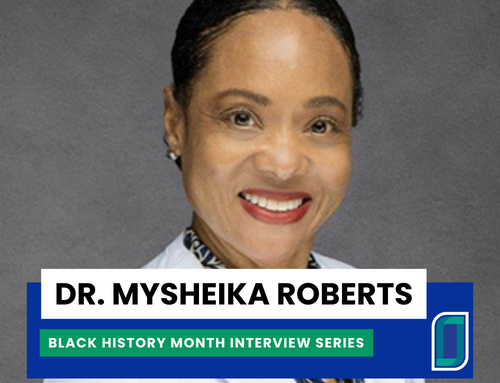In public health, quality improvement is a vital component that helps health departments ensure high-quality public health services are delivered to communities. Medina County Health Department (MCHD), under the leadership of Krista Wasowski, MSW, MPH, Health Commissioner, leveraged practices learned from accreditation to embrace a culture of quality improvement (QI) and drive change within the department.
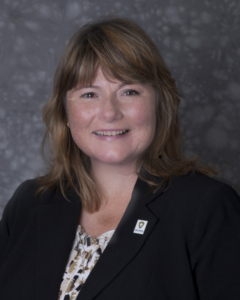 Wasowski’s professional journey began at the Richland Health Department as a social worker. Her journey then took her to the Morrow County Health Department, where she served as Health Commissioner for seven years before joining Medina County.
Wasowski’s professional journey began at the Richland Health Department as a social worker. Her journey then took her to the Morrow County Health Department, where she served as Health Commissioner for seven years before joining Medina County.
When joining Medina County, Wasowski noticed a lack of interest in accreditation among some staff. While accreditation was gaining traction in Ohio due to its state mandate, the department did not grasp its potential fully. However, Wasowski recognized the need to shift how they conducted their work and became a driving force in gaining buy-in from staff for accreditation as a transformative tool for the department.
“Quality improvement was one of the first pieces of the accreditation puzzle that we really started to work on,” Wasowski said. “It became a shift in culture and the way we did things.”
Medina County Health Department was the fifth accredited health department in Ohio and one of the first 100 in the nation. They successfully maintained their accreditation, even during the challenges posed by the COVID-19 pandemic, due to their commitment to QI.
Accreditation provided Wasowski and the department an opportunity to re-examine existing programs and practices and consider ways they could be improved.
Quality improvement became a priority, with dedicated training and the establishment of a QI project team. Implementing an official QI process and team has helped the department transform public health programs, engage staff, and navigate changes in the public health workforce.
One notable QI project focused on revamping the department’s Newborn Home Visiting Program. With the closure of the local birthing unit, referrals dropped, prompting a critical review of the program to redefine its purpose and impact. Through QI, the team identified focus areas, emphasizing depression screening and breastfeeding support, and improved documentation to demonstrate the program’s value. This initiative revitalized the program, improved communication between staff and care providers, and strengthened partnerships with local hospitals.
Accreditation also prompted documentation improvements within the department. Processes that were once informal were formalized, ensuring consistent practices and knowledge sharing among staff. For example, the transition to digital documentation of plumbing inspections increased efficiency for both the department and local businesses and improved relationships.
“Accreditation made sure we put pen to paper and had something in place where everyone could see and refer to it,” Wasowski noted.
MCHD faced another challenge familiar to many health departments across the county – the influx of new staff, from diverse backgrounds and fields, entering public health simultaneously. This created light tension between new staff and existing staff with more experience in the department. However, the department’s dedication to QI helped bridge the gap between new and existing staff. It created space for new employees to ask why things were done in a certain way and encouraged existing staff to embrace fresh perspectives with evidence and an official process. This blend of experience and new ideas fostered a culture of collaboration in the department.
“… because of accreditation and the QI practices we have in place, we have been able to really bridge the gap and encourage new staff and existing staff to come together,” Wasowski added.
Wasowski emphasized that accreditation is as valuable as a health department chooses to make it, and its value is shaped by the commitment and engagement of the department. While there may be concerns about the associated costs, she firmly believes that the transformative impact of accreditation is worth the investment.
“[Accreditation] is not meant to make you feel less than – it is really meant to inspire you to be more than,” Wasowski said “…we have really embraced what the Standards and Measures are challenging us to be as an organization…it gives you a really great excuse to do great things as an organization.”
Accreditation has enabled MCHD to adapt to changing workforce dynamics, align itself with evolving community needs, and continuously improve its operations. It has also strengthened their relationships with the community and other stakeholders, making it a valuable tool for progress and partnership.

